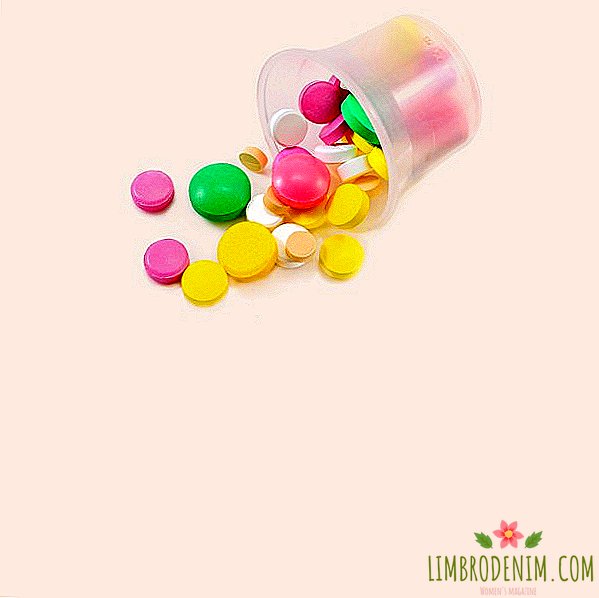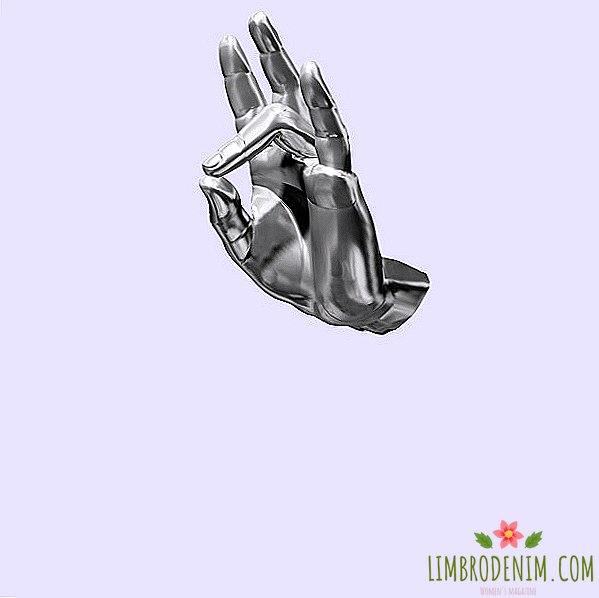Checklist: 8 habits that are easy to give up for the sake of ecology

alexander savina
Recently, we are increasingly talking about eco-friendly lifestyle. The principle of "zero waste" and conscious consumption are becoming more popular, which is not surprising: if you do not start acting right now, it can only get worse. We tell how to understand that your lifestyle is not as eco-friendly as it could be - and what can be done to change the situation.

1
You take packages in stores
In the post-Soviet space, the transition from avosek to plastic bags from supermarkets was a sign of a new life, many were happy about the opportunity not to save on packaging. After more than two decades, the world has changed - it became clear that plastic bags do more harm than good (just remember that each of them decomposes for twenty years).
Many Russian supermarkets have stopped issuing plastic bags for free - but their symbolic price stops very few people. If this is your case, you never refuse the package, and at home you have a separate drawer in the kitchen cupboard for them, consider whether you really need them. Instead, try to go to the store with a large canvas bag.
2
You waste water
It is unlikely that someone who reads this text intentionally spends water in vain. Nevertheless, there are many situations in which we could be more economical, but for some reason we do not. This includes, for example, the habit of leaving the faucet open while brushing your teeth, or letting water be poured in while you carefully rub a plate or frying pan — all of this is easy to give up.
Dishwashers also help to save water - provided that this is a modern model, you load it completely, but do not start “empty” and do not rinse the dishes beforehand (this does not mean that you don’t need to remove leftover food from the plate - just don’t do it water, and, for example, a fork). A conscious approach is useful and if you use a washing machine - it is hardly worth starting a whole wash cycle for a couple of things. At the same time it is worth repairing cranes in time so that they do not leak, - all this helps not only to save nature, but also to save on bills.
3
You do not recycle trash
Recycling of garbage in Russia, alas, has not yet become commonplace, as in some European countries, but this is not a reason to at least not try. Of course, we do not have such a developed infrastructure, but you can start small: look for separate waste collection points in your city and hand over at least one type of waste - the easiest way to do this is with plastic, glass containers or waste paper (you can collect them in separate bags and take them to the right place every couple of weeks, so it does not require a lot of effort). It is no less useful to give away unwanted clothes - it accepts, for example, H & M for recycling, and things in good condition can be given to collecting charity organizations.

4
You buy bottled water
A habit that many of us still find it hard to give up: go to the store on a hot day and buy a cool drink. The problem with this approach is obvious: plastic bottles decompose for four hundred and fifty years, and aluminum cans - two hundred. With other drinks takeaway is not easier: a cup from under the coffee will be present in the life of our planet for another half a century, and cocktail tubes - two hundred years.
The solution is simple: give up cocktail tubes wherever you are offered (or buy reusable, easy to find on AliExpress), buy a reusable water bottle and take drinks from home, and use a thermocup for coffee if you want to buy it in a coffee shop . Of course, all this is additional spending - but they are all at once.
5
You use the machine a lot
Cars, carsharing services and taxis have long been a familiar element of urban life. You can treat them differently (we all know, on the one hand, how convenient it is to drive a car for large purchases, on the other, how little fun in traffic jams and in attempts to park in a busy area), but one thing is for sure - for the ecology they not that very helpful. Of course, the question of what is less harmful to the environment in itself — public transport or a car — is not as straightforward as it seems at first glance. But if you get to work by car alone, you are more likely to do more harm to the environment than if you took the subway with other passengers.
6
You throw out a lot of food
Probably, there is no person in this world who has never thrown out food - a tomato forgotten at the bottom of the fridge or unexpectedly spoiled remnants of yesterday's dinner. Another thing is if throwing out foods turned into a sad habit: food gets spoiled regularly or you have to throw out a lot, because you don’t expect portions like that and you are not physically able to eat so much. Planning and a sober assessment of habits will help: analyze how many products you buy and how many actually eat (you can even start a special diary for this).

7
You do not save electricity
Another habit that harms not only the environment, but also your bills. We hope you remember from childhood that you should turn off the light when leaving the room - but this is not the only way to be more careful about energy. Use energy-saving lamps instead of ordinary ones, turn off the electronics that you don’t need right now (it’s clear that you won’t be able to turn off the refrigerator, but you’ll have to turn off the TV or speakers), and don’t forget to remove the chargers from the outlet. The last point, many neglect, but in vain - of course, in this case, electricity is spent quite a bit, but in the long run it turns out sadly.
8
You use microplastic products.
We have already told how cosmetics can harm the environment (from plastic packaging to non-decomposable glitter) and what to do if you want to become more conscious. You can start by reviewing your own cosmetic bag: think about whether there are products with microplastic in it and how they can be minimized. First of all, we are talking about scrubs and peels, where small particles of plastic are added for an abrasive effect, but they can also be found, for example, in disinfecting liquids, and in shampoos, and in decorative cosmetics. Even if you are not ready to completely abandon the usual means (especially since components that are harmful to the environment are used very often), a conscious approach to the selection and attentive reading of the compositions of the means has not stopped anyone.
Photo: dean - stock.adobe.com, schab - stock.adobe.com, chungking - stock.adobe.com, dkimages - stock.adobe.com




